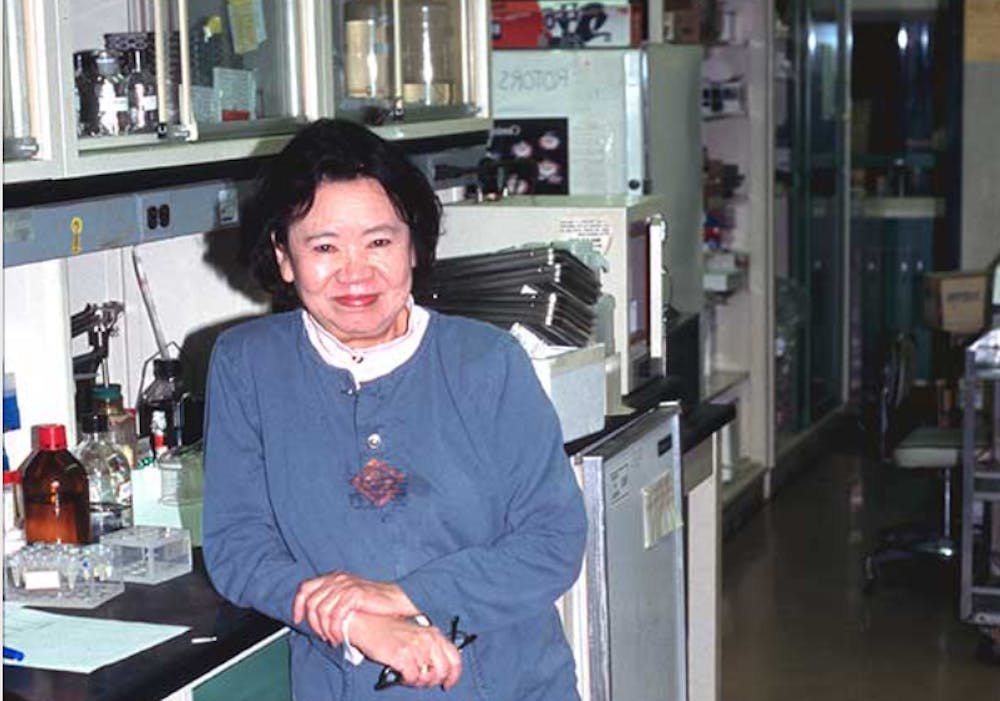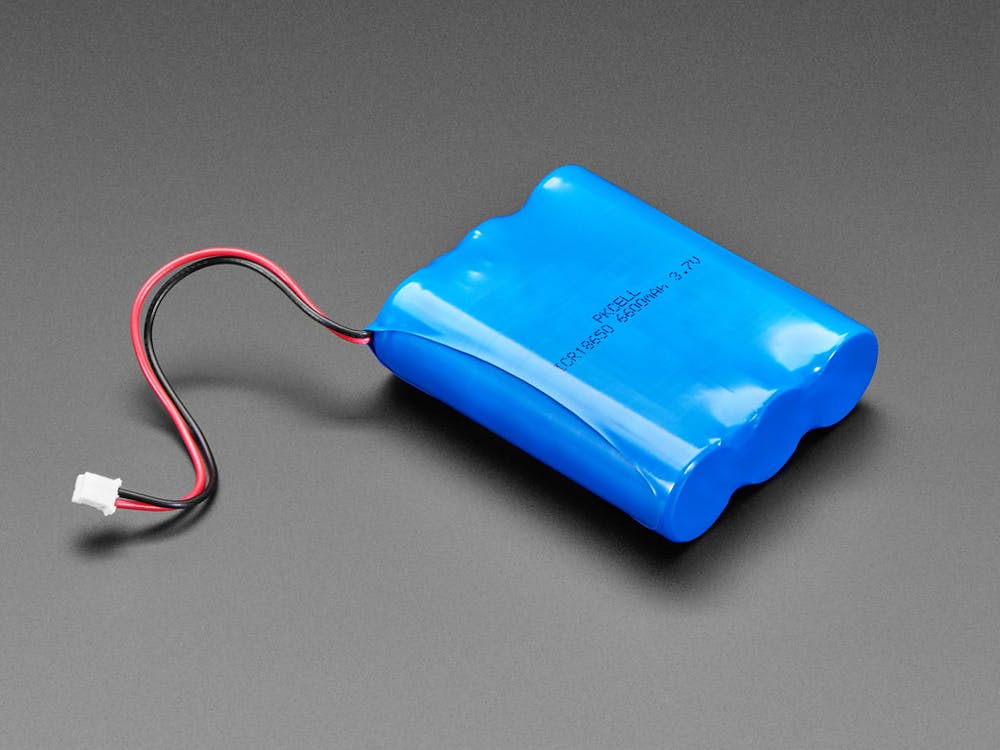Ru Chih Huang, the McElroy Honorary Research Professor at the Homewood Campus, discussed her lab work’s focus on cancer and viral research in an interview with The News-Letter.
Huang did her undergraduate studies at the National Taiwan University; In fact, she was one of the founding directors of the Institute of Molecular Biology in Taiwan. Later on Huang was trained as a molecular biologist and did her postdoctoral work at the California Institute of Technology.
In 1965 Huang came to Hopkins as the first woman professor hired in the physical science department at Homewood Campus. She became a senior professor in 1975, and she now serves as an honorary research professor in the University’s biology department.
The work carried out in Huang’s lab is mainly divided into two categories: cancer and viral research. The research group studies cancer from the perspective of molecular biology and has been actively seeking approaches to battle mechanisms of oncogenesis and viral growth.
“Cancer cannot merely be simplified as a disease, unlike the approaches to treating a disease, one cannot simply expect to cure cancer by killing a target cell,” Huang said.
The complexities and nuances involved in cancer research have been a central challenge in the lab’s mission. Researchers are aware that tumors are not homogenous, especially when there are mutations within the cells.
Naturally, if no treatment is imposed upon the host, the wild type will often grow out of control through metastasis. On the other hand, if too much treatment is imposed, the side effects of chemotherapy, x-ray, radiation or target therapy are very likely to kill the person before they can even have a direct effect on the mutated cells.
According to Huang, the biggest problem in cancer treatment is the fact that it is nearly impossible to find an intricate balance between the selected treatment and its side effects.
Cancer can be spread through the evasion of programmed cell death (apoptosis), evasion of the immune system and even invasion of the bloodstream to affect the liver, lungs or bone.
Even after chemotherapy and other forms of radiation treatment, the tumor cells might still continue to grow, because the chemical compound that kills one given type of cancerous cell cannot eliminate other types of malignant tumors. The side effects of such treatments often also negatively affect the patients’ health.
Huang’s lab has been successful in producing a drug treatment for cancer that does not hurt other cells inside the patient’s body. The lab mainly experiments with oral cancerous cells, since they are the most visible types of mutation.
Huang’s team extracted cancerous tumors under the gum and implanted the same sized tumor into a mouse. They then injected a hydrophobic drug treatment immersed in dimethyl sulfoxide (DMSO) that could not go through the selectively permeable cell membrane.
As a result, the drug released its full effect and the tumor disappeared completely. Huang even visited the Regional Cancer Centre in India and tested the new treatment on local patients. Out of the 18 treatments tested, all were successful.
Unfortunately, such a treatment has not proven to have much effect beyond the scope of oral cancer, because it is much harder to perform an intratumor injection on a tumor that is not directly visible.
This is especially true in the case of brain cancer, where it is extremely difficult for the intratumor injection to pass through the blood-brain barrier.
Huang has conducted cancer research for so many decades not only because of her passion for the biological sciences but also because three members in her family have been directly affected by cancer.
In the future, Huang’s lab hopes to find a way to efficiently carry out an intratumor injection. Huang also says that she has been experimenting with a more effective method to incorporate medicine into food.

















